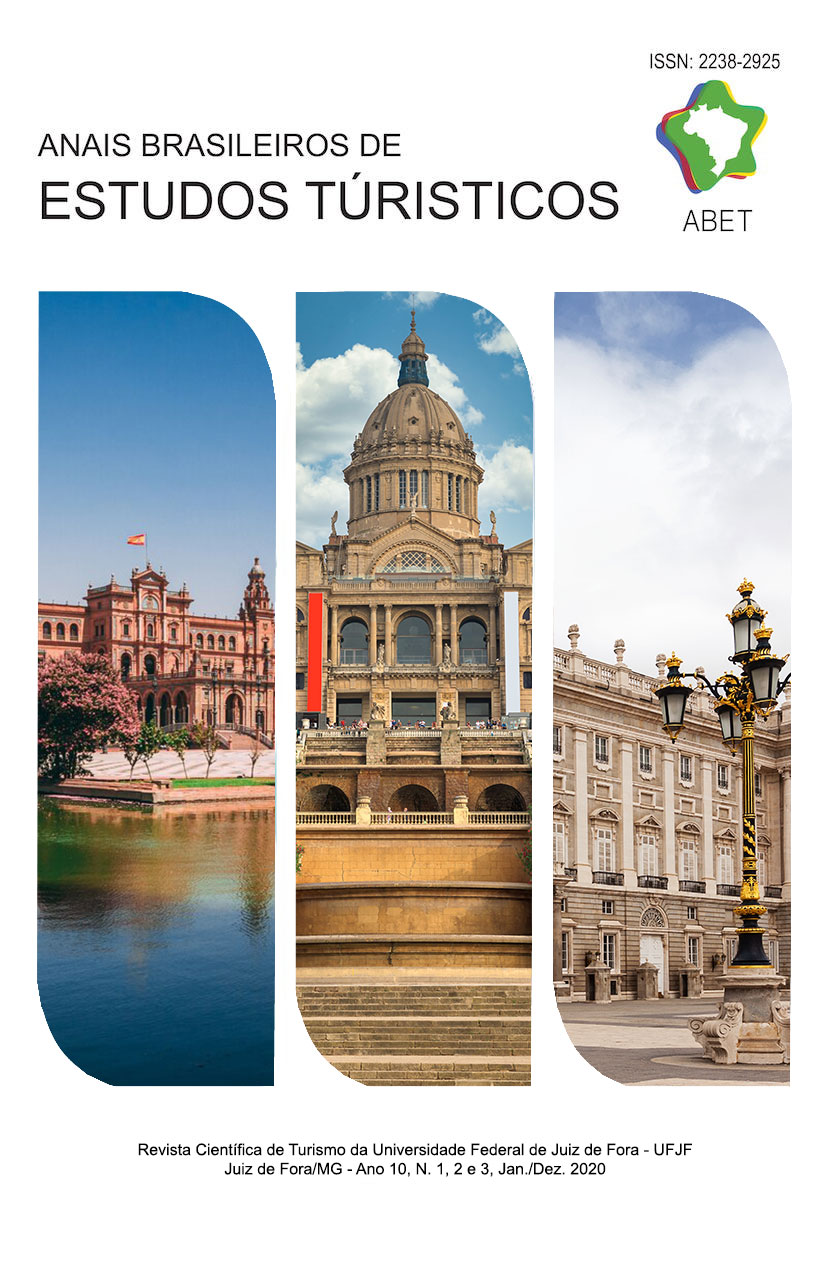Exploring Relationship Between Controllable Metrics and Socio-Environmental Performance Indicators in Responsible Tourism Context Using Temporal Causal Model
DOI:
https://doi.org/10.34019/2238-2925.2020.v10.29960Abstract
This study explores relationship between the controllable issues in responsible tourism and the key socio-environmental performance indicators, using the Temporal Causal Modeling (TCM) approach. TCM uses an autoregressive approach to build a causal model for a specified set of target series from a set of candidate inputs. Unlike the conventional time series, modeling TCM does not use an explicit predictor. TCM is likely to identify the controllable inputs that have maximum impact on key performance indicators. The study used 5-year time series data (2014-2018) on socio-environmental performance indicators in Indian tourism context and normalized controllable metrics related to responsible tourism. The analysis identified restoration programmes, recycling & reusing products, biological conservation, ecological carrying capacity and ethno-cultural advocacy as controllable metrics of responsible tourism and found to share significant relationship with 10 socio-environmental key performance indicators. The analysis identified restoration programmes, recycling & reusing products, biological conservation, ecological carrying capacity and ethno-cultural advocacy as controllable metrics of responsible tourism and found to share significant relationship with 10 socio-environmental key performance indicators.
Key words: Responsibility; Sustainability; Causal; Indicators; Controllable; Tourism.
Downloads
Downloads
Published
How to Cite
Issue
Section
License
This journal provides immediate open access to its content, following the principle that providing free scientific knowledge to the public provides greater democratization of world knowledge.
Authors must agree to the following terms relating to copyrights:
(a) Authors keep all copyright and grant the to the journal the right of first publication, with the work simultaneously licensed under the Creative Commons Attribution License that allowing job sharing with recognition of authorship of the work and initial publication in this journal.
(b) Authors are allowed to assume additional contracts separately, for non-exclusive distribution of the version of the work published in this journal (e.g. publish in institutional repository or book chapter), with recognition of authorship and initial publication in this magazine.
(c) Authors are allowed and are encouraged to publish and distribute their work online (e.g. in institutional repositories or on your personal page) since they do not do this before or during the editorial process, as this can generate productive interchange, as well as increase the impact and citation of work aired. (See Effect of Free Access).















